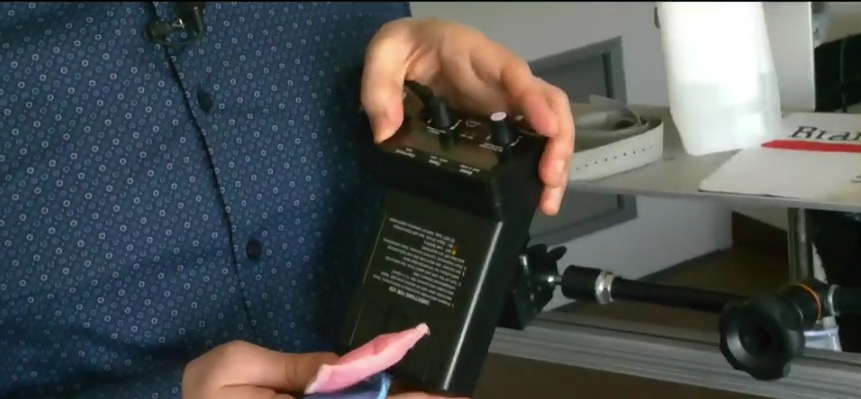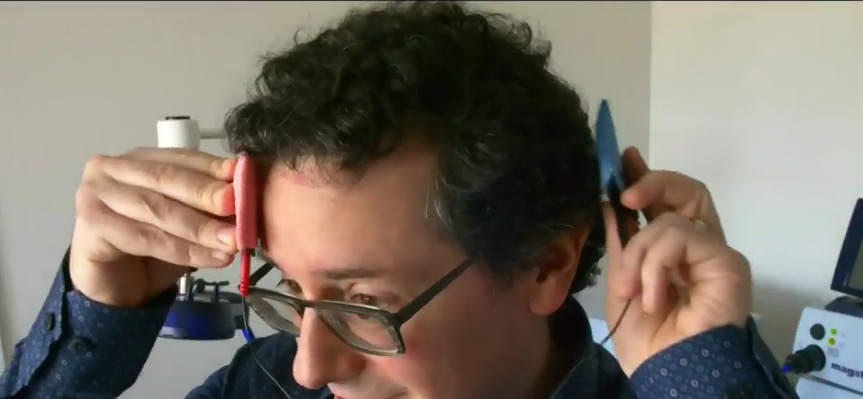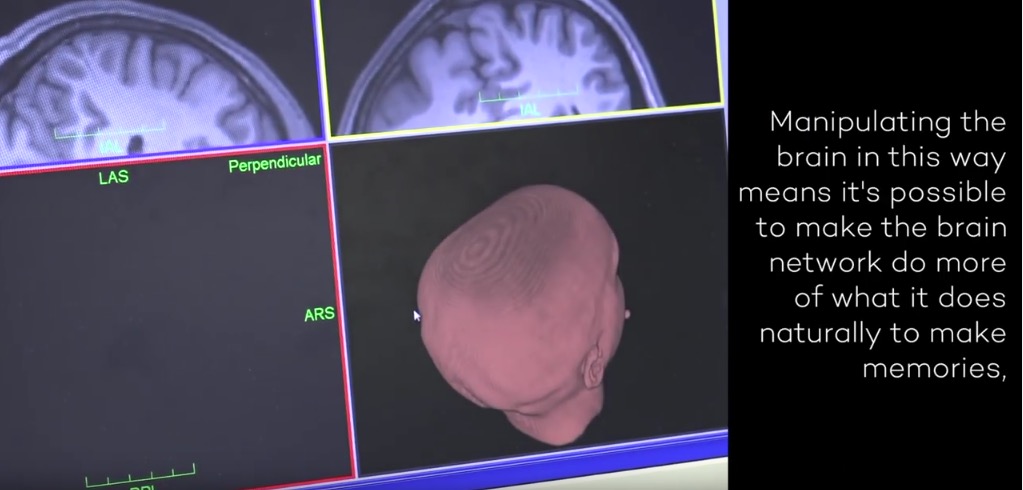CTV : Electric stimulation ‘a promising advancement’ for reversing memory loss
From NorthwesternNow: Brain stimulation reverses age-related memory loss
“Older people’s memory got better up to the level that we could no longer tell them apart from younger people,” said lead investigator Joel Voss, associate professor at Northwestern University Feinberg School of Medicine. “They got substantially better.”
We covered Joel Voss and related research in September of 2018
Stimulation Excites the Brain to Form Better Memories | NorthwesternU
Paper: Network-targeted stimulation engages neurobehavioral hallmarks of age-related memory decline
Not related directly with the research, but interesting to note in the video where Canadian researcher Jed Meltzer, a scientist at Baycrest Hospital’s Rotman Research Institute in Toronto is shown demonstrating an ActivaDose device and an unusual montage.



